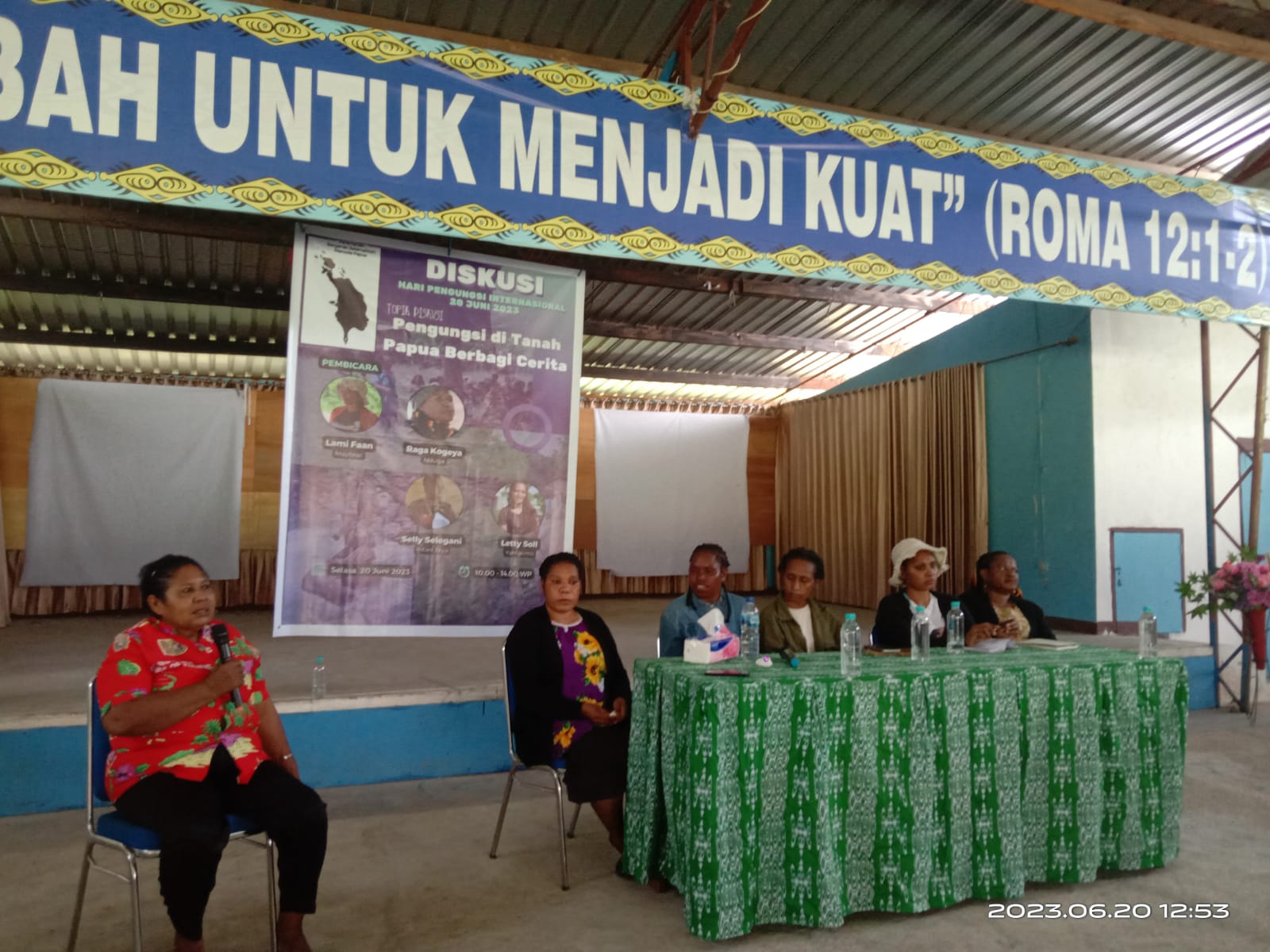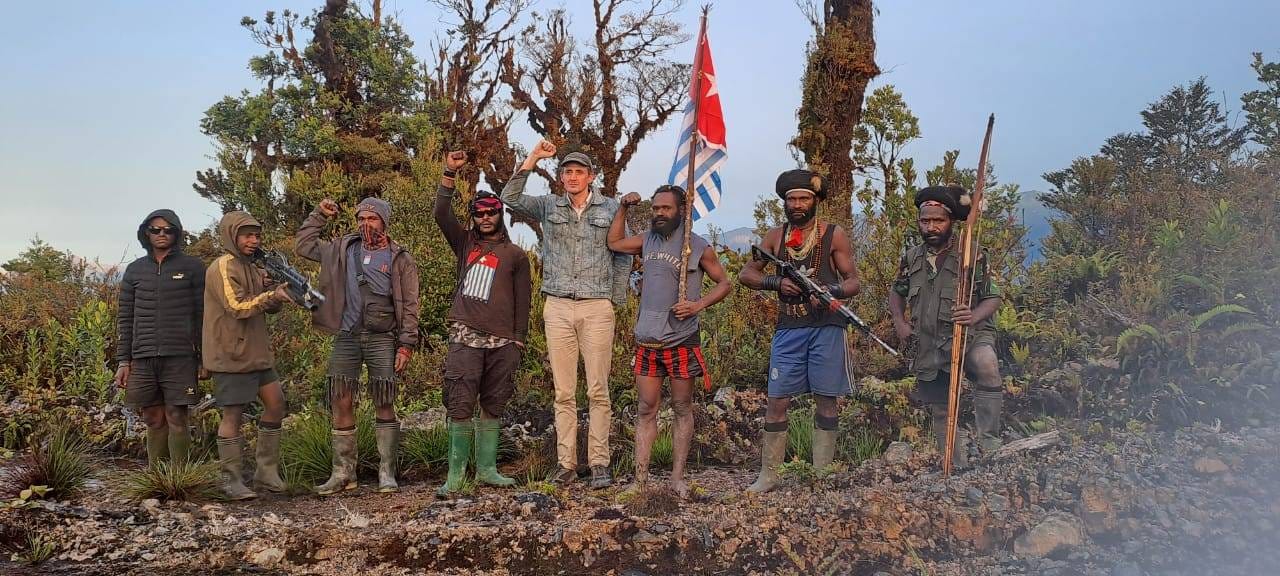
Jayapura, 1/7 (Jubi) – According to data released by Central Statistics Agency (BPS) of Papua Province, the number of poor people in Indonesia’s easternmost province in March 2014 reached 924,000 compared to the September 2013 figure of 960,560.
“In percentage, the poor in Papua over the last six months declined by 1.47 percentage points, from 31.52 percent in September 2013 to 30.05 percent in March 2014,” head of Central Statistics Agency, Didik Koesbianto told reporters in Jayapura, Papua on Tuesday (1/7).
The poor are concentrated in rural areas where as many as 889.04 thousand people (38.92 percent) of them live While in urban areas the poor accounted for 35,370 (4.47 percent).
“During the period September 2013 – March 2014, a decline in the number of rural poor was by 30.3 thousand people (-1.80 percent) and the number of poor in urban areas also decreased by 5.8 thousand persons (-0.76 percent ), “he explained.
The poverty line in urban areas in March 2014 was Rp. 404.944 higher than rural areas reached Rp. 338.206. This means that the cost to meet basic needs for food and non-food greater in urban than in rural areas.
“The food commodities are much greater than non-food commodities such as housing, clothing, education, and health), which is 74.74 per cent versus 25.26 per cent,” he said.
He added that food commodities that have great impact on urban line poverty are rice, cigarettes, eggs, sugar, fish, and red onion. While commodities that affect line poverty in rural areas are sweet potatoes, rice, cigarettes, and pork.
“In the period September 2013 – March 2014, Poverty Gap Index (P1) and the Poverty Severity Index (P2) showed a tendency to increase. This indicates the average expenditure of the poor tends to be further away from the poverty line and inequality expenditure of the poor who are also getting bigger, “he said.
Previously, Governor of Papua Province, Lukas Enembe said, to bring out of the shackles of poverty in Papua, all parties are required to fully understand the problems in Papua in order to implement the policy.
“We want to understand the real problems in Papua since almost 50 years we have dealing with development in Papua and did not happen yet, ” Enembe said.
He further said that after visiting several areas in Papua, he found many Papuan are still living in poverty. These findings are not only seen in the villages, but also in urban areas.
“After I took several visits around Papua, I saw Papuans still live under poverty every like they don’t have good nutrition. I also saw someone wore the same clothes and did not wash. Is it only me who see or you also see it. This conditions are founded all over Papua, “he said. (Jubi / Alex/ Tina)
















